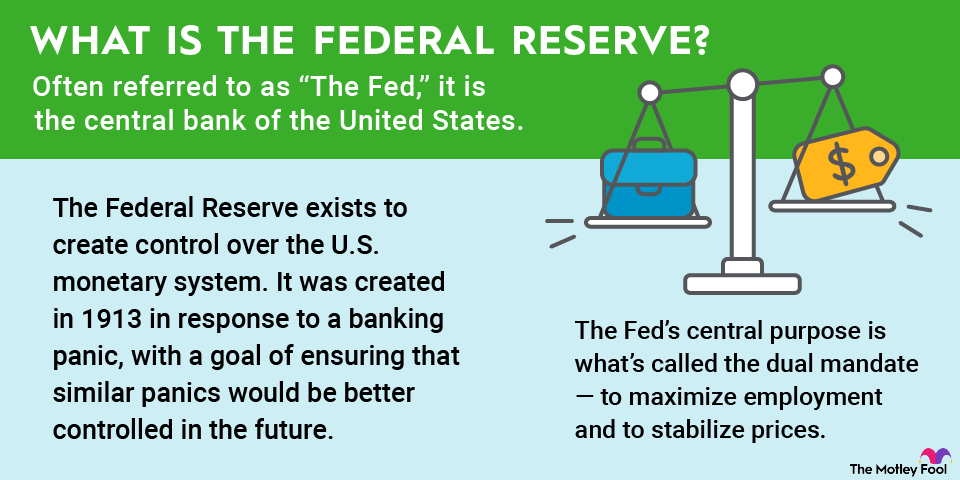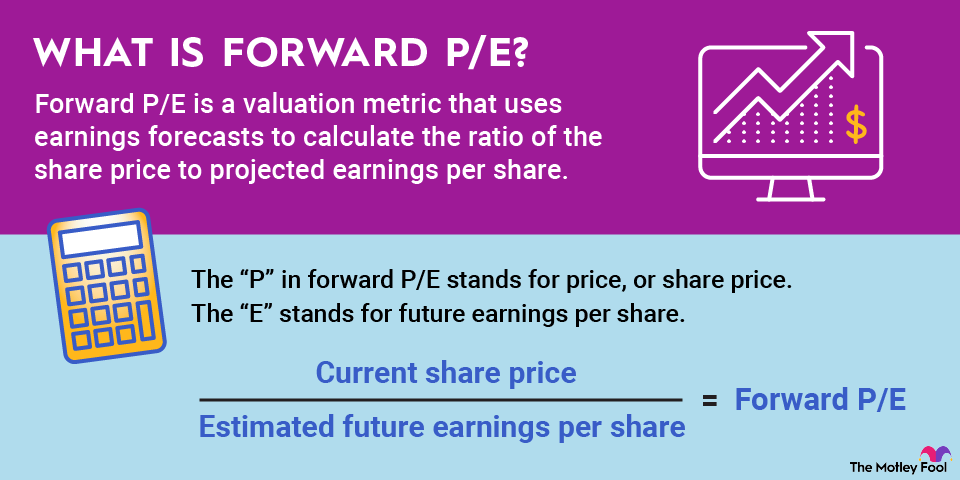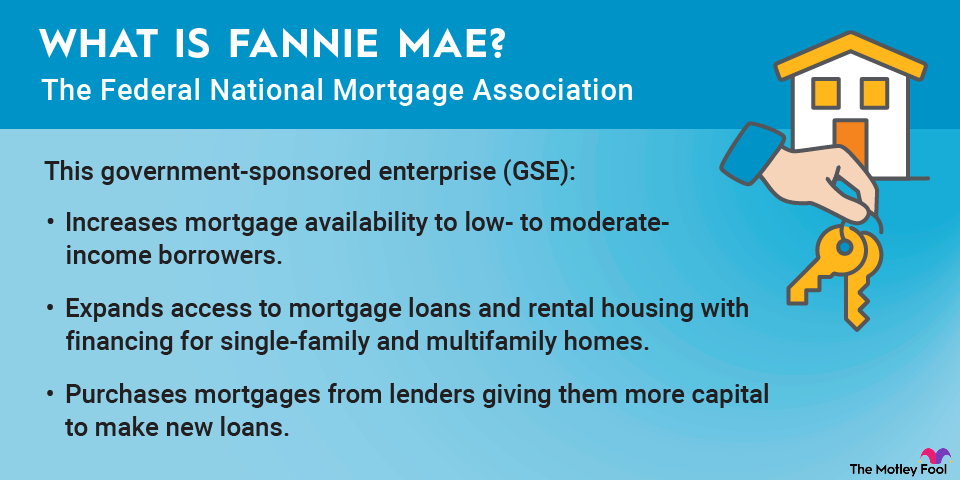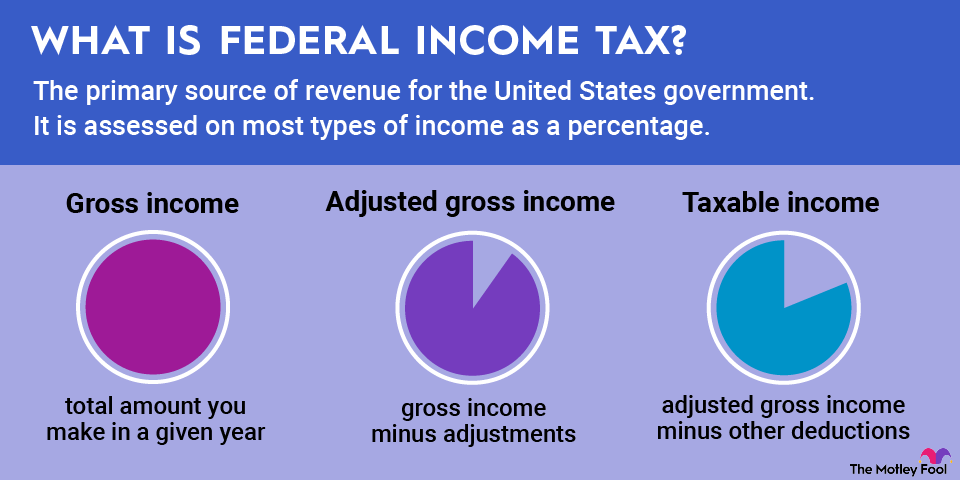Financial advisors help their clients manage money. Depending on the advisor's expertise and the client's needs, this can include educating, budgeting, planning, or investing. Some, but not all, advisors have specialized credentials and service offerings.
Let's explore those credentials and services in greater detail. We'll also cover the reasons why you may need an advisor, how to find a suitable one, and alternative options if you're not yet ready to hire someone.

What is a financial advisor?
Financial advisors can provide many different types of wealth-related guidance and support, including:
- Budgeting to help you manage general or specific living costs.
- Debt management or debt payoff planning.
- Planning and management of investment accounts.
- Meeting specific financial goals, such as paying for college, buying a home, retiring, funding future health care costs, or leaving a legacy for loved ones.
- Tax planning and return preparation.
Many advisors specialize in certain areas, as indicated by their job title or credentials. For example, stockbrokers make investment recommendations and manage portfolios, while certified public accountants (CPAs) help clients manage their tax liability. Other types of specialized financial advisors are financial planners, insurance agents, and estate planning attorneys.
Technically, financial advisor is a generic, unregulated term. In other words, there are no qualifications required to define a financial advisor.
Fortunately, many advisors do hold credentials or designations that speak to their training, education, and experience. Four common financial advisor designations are defined below:
- Registered Investment Advisors are registered with the Securities and Exchange Commission. They provide investing advice and can directly manage client portfolios.
- Certified Financial Planners have passed certification requirements defined by the CFP Board involving education, testing, experience, and ethics. CFPs often specialize in defining broad financial plans to help their clients reach specific goals.
- Chartered Financial Consultants have completed a series of coursework from the American College of Financial Services. They must also adhere to ethics guidelines and periodically complete continuing education. Because the coursework encompasses various financial disciplines, from investment planning to estate planning, ChFCs often have a comprehensive service set.
- Personal Financial Specialists are specialists in financial planning. The designation is awarded to CPAs who complete required coursework and meet the experience thresholds.
Why you need a financial advisor
You may consider hiring a financial advisor for assistance with reaching your financial goals or because you've experienced a major life change recently. Goals can include everything from paying off debt to investing for retirement. Life changes that can prompt a new wealth approach include:
- Marriage or divorce.
- Having a child.
- Getting a new job or losing an old one.
- Starting a business or closing a business.
- Receiving an inheritance.
In these scenarios, a trained advisor can help you define new financial goals and make realistic plans to reach them.
How to hire a financial advisor
The right advisor will have expertise appropriate for your situation and excellent communication skills. You'll be working closely with this professional, discussing potentially sensitive details about how you earn, spend, and save your money. Those types of conversations are most productive with an advisor who listens, builds trust, and inspires confidence.
To find the right professional, start by asking friends, family, and professional colleagues for recommendations. You can also search online and check relevant databases for advisors in your zip code via:
- The Better Business Bureau.
- FINRA's Broker Check.
- Investment Adviser Public Disclosure.
- CFP Board database.
Build a shortlist of candidates from these sources and then interview at least three of them. The personal interview is your opportunity to assess the individual's professionalism and communication skills. You can also inquire about:
- References: Has the advisor worked with clients like you before, and what was the result?
- Credentials: What credentials does that advisor hold and what was required to secure those credentials?
- Expertise: What are the most common goals across the advisor's client base? What is the average net worth of the client roster?
- Fees: Does the advisor charge commission, flat fees, hourly rates, or a percentage applied to funds under management? Note that commission-based charges can encourage an advisor to promote heavy trading, which may not be in your best interest.
- Standard of care: Financial advisors should follow the fiduciary standard of care or the "best interest" standard as defined by the SEC's Regulation BI. Both require the advisor to prioritize your best interests above all else. Regulation BI, however, applies to investing specifically, while the fiduciary standard covers all financial advice, including insurance.
Related investing topics
Alternatives to hiring a financial advisor
You do have options if you need help managing your money but aren't ready to hire an advisor. The options include:
- Robo-advisor services provide automated investing plans that suit common financial goals, such as saving for retirement.
- Investing advice services share promising stock picks. These are often tailored for more experienced investors.
- Online courses in personal finance can teach you basic money management skills, as well as more advanced investing tactics.
- Employers and 401(k) plans may offer free financial planning consultations.
- Financial apps can categorize your spending, support budgeting efforts, and project debt payoff timelines.
You can also engage an advisor temporarily to create a plan based on your situation and goals. Typically, you'd pay a flat fee for this service. You'd then implement the plan yourself. This approach can be a great way to try out an advisor. If you have a good experience with this professional, you can explore an ongoing relationship later as your needs evolve.



















